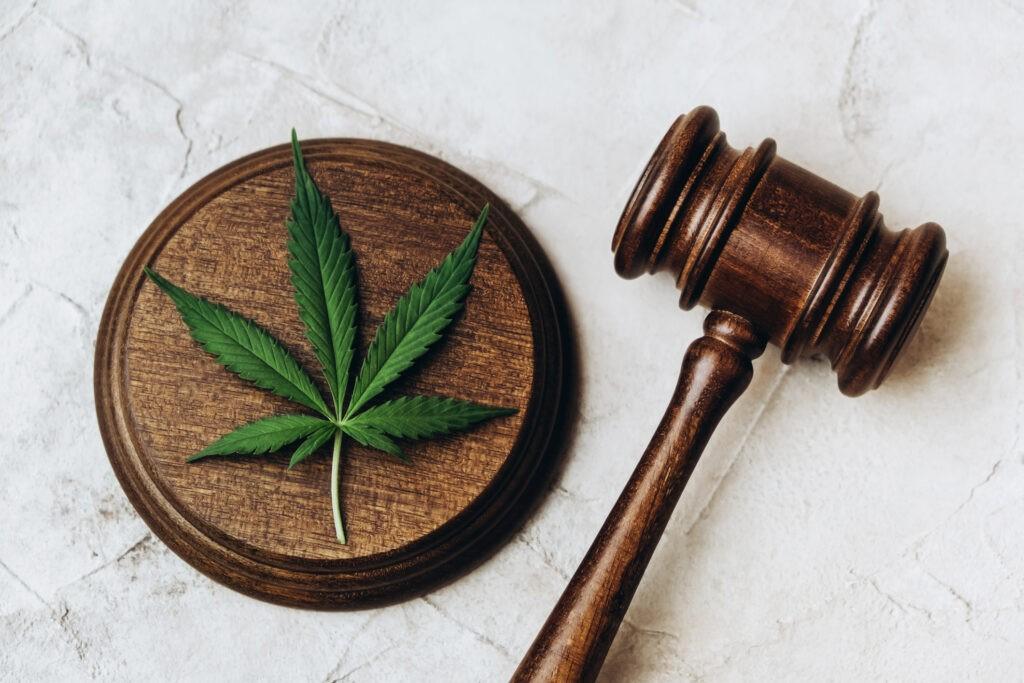The U.S. Supreme Court has ruled in favor of Douglas Horn, a former commercial truck driver who was terminated after testing positive for THC following his use of a hemp-based CBD supplement marketed as containing “0% THC.”

In a 5-4 decision, the court found that individuals can seek damages under the Racketeer Influenced and Corrupt Organizations (RICO) Act for business or property losses stemming from personal injuries. Horn had sued companies including Medical Marijuana Inc., Red Dice Holdings LLC, and Dixie Holdings LLC—makers of the CBD product Dixie X—after he was fired despite relying on the product in good faith.
Horn, who had driven trucks for 14 years, began using Dixie X to relieve pain from a car accident. He said the product’s labeling assured him it was THC-free and compliant with federal law. However, a random drug test led to a positive result and his subsequent dismissal. Horn maintains he never knowingly consumed marijuana.
Most of his original claims, including breach of warranty and unlawful business practices, were dismissed in lower courts. But the Second Circuit Court of Appeals ruled that his RICO claim for lost wages could proceed, prompting the companies to escalate the case to the Supreme Court. They argued that RICO was never intended to cover losses stemming from personal injury, and that Horn’s case didn’t meet the standard.
Writing for the majority, Justice Amy Coney Barrett said the phrase “injured in his business or property” does not exclude economic losses resulting from personal injury. She was joined by Justices Neil Gorsuch, Sonia Sotomayor, Elena Kagan, and Ketanji Brown Jackson.
In dissent, Justice Brett Kavanaugh argued that allowing such claims under RICO stretches the statute beyond its intended scope. Chief Justice John Roberts and Justices Clarence Thomas and Samuel Alito joined his dissent.
The ruling in Medical Marijuana v. Horn affirms the Second Circuit’s decision and could set a precedent for future cases involving mislabeled hemp or CBD products.







